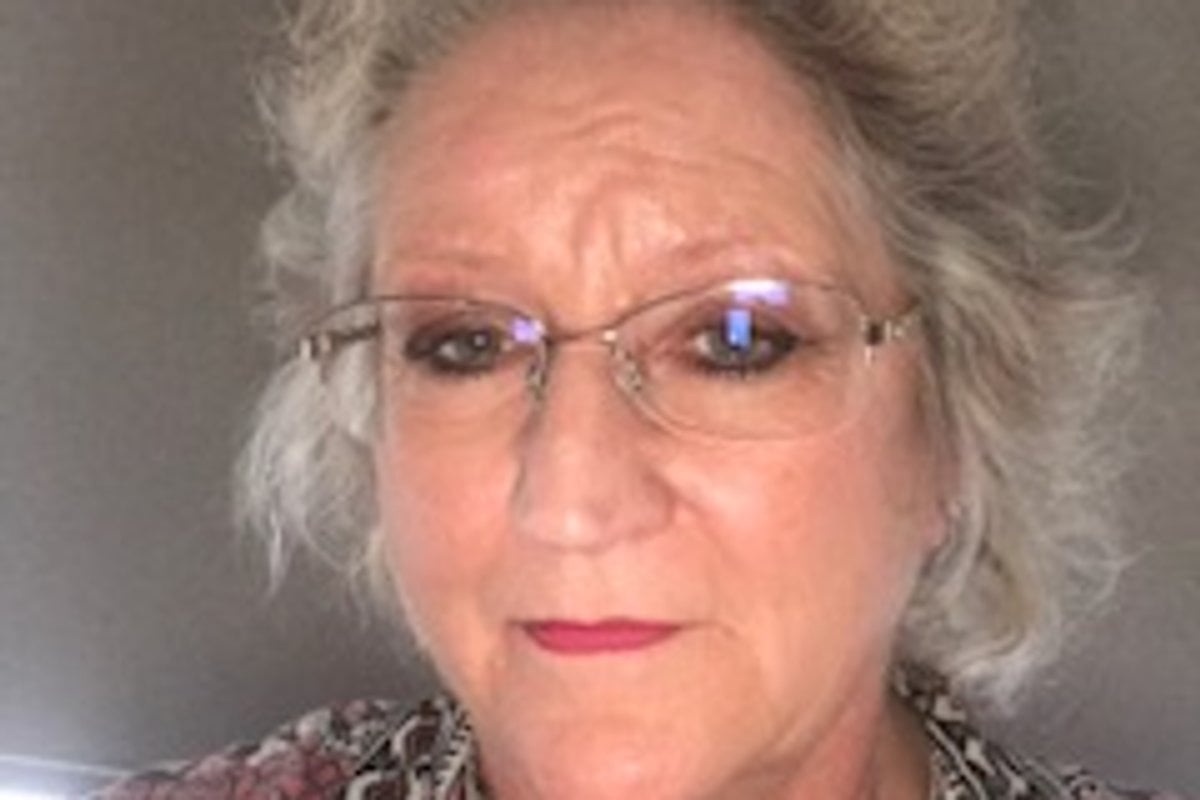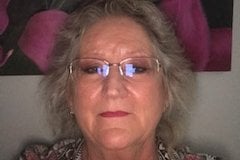
Tracey Hay doesn’t know what she wants to be when she’s older. “It’s a sad way to go into my twilight years,” the 62-year-old reflects, wiping away a tear.
She is part of the demographic of Australians - women over 50 - who are disproportionately impacted by unemployment.
For those of the same gender and generation as Tracey, unemployment is on the rise - a trend entrenched in society even before the COVID-19 pandemic had begun. In 2001, women aged over 50 made up about five per cent of all dole recipients. By 2019, this had increased fourfold, to 20 per cent.
So, it’s little wonder older women have been dubbed “the face of unemployment” in Australia.
But behind the sobering statistics are the names and faces of women with stories to tell. Women like Tracey.
In her lifetime, Tracey never found a career she loves - she never experienced the privilege of that certainty, she tells Mamamia.
“I wish I had built a career out of something I loved, instead of picking a job I didn't like, and going from job to job for 50 years and never being happy.”
She’s never finished a tertiary degree, explaining there wasn’t the same emphasis on certificates when she left school as there is today. Instead, she has held numerous roles in various industries, ranging from being a linguist in the Navy to a worker in a bookstore and everything in between.
Her last job was ten years ago in an administrative role with the Department of Mental Health. But as had happened a few times throughout her working life, she had to leave the workforce for caring duties. Tracey, who is also a mother of one and a grandmother to two, quit her job to become the informal carer for her father, who was suffering from prostate cancer.


Top Comments